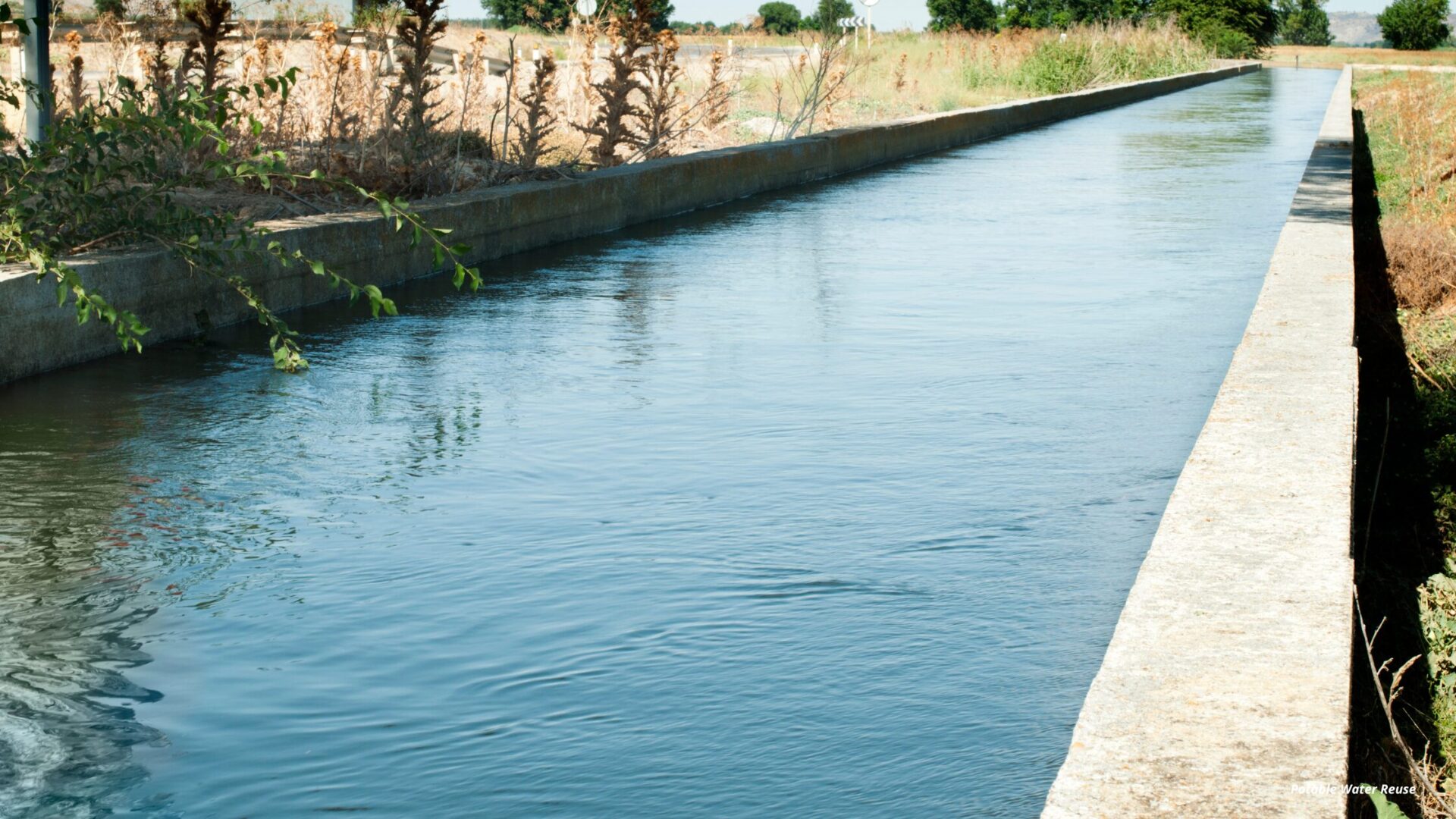BLOG | Bluephage
Spain approves key regulation on wastewater reuse

Spain has taken a major step towards sustainable water management and improved public health protection with the publication of Royal Decree 1085/2024, published on October 22, 2024.
This new decree regulates the reuse of wastewater, establishing important standards for microbial control and updating guidelines on the management of water resources in various sectors. Addressing both environmental sustainability and public safety, this regulation is seen as a progressive move towards more resilient and responsible water management practices.
Microbial safety in wastewater reuse.
A key aspect of the new decree is its attention to microbial safety, with bacteriophages – viruses that infect bacteria – playing a central role in the updated safety protocols. Bacteriophages, specifically somatic coliphages, are recommended as indicators for assessing the microbiological safety of reclaimed water. This is especially important for sectors that rely on reclaimed water, such as agriculture, industry and urban irrigation, where ensuring water quality is crucial for both public health and environmental protection.
The decree specifies that where it is not feasible to control all types of coliphages, at least one, such as somatic coliphages, will be allowed to be tested. This measure not only provides flexibility for facilities of different capacities, but also promotes a systematic approach to microbial risk management, ensuring that water used in agricultural and industrial applications meets strict safety standards.
Why bacteriophages are important
Bacteriophages serve as practical indicators to assess the presence of other harmful pathogens, particularly enteric viruses that pose risks to human health. This is of great relevance when recycled wastewater may come into direct contact with people, such as in parks, recreational areas or agricultural settings. By mandating the control of bacteriophages, the decree reinforces the importance of identifying potential viral contaminants in reused water sources.
In addition, bacteriophages are valuable because they are more resistant to traditional water treatment methods than many bacterial indicators. This makes them reliable markers for assessing the effectiveness of disinfection processes in wastewater treatment facilities, ensuring that reclaimed water meets sanitary safety standards.
Strengthening sustainable water management
The decree’s approach to wastewater reuse is a vital component of sustainable water management in Spain. By implementing these safety protocols, reclaimed water becomes a viable and safer resource for non-potable uses, helping to alleviate the demand for other, higher quality water resources that can be reserved for potable use. In a country like Spain, where water scarcity and drought are constant challenges, the use of reclaimed water for agriculture and industry can have a significant impact on resource conservation.
Bluephage welcomes this regulatory milestone as it highlights the importance of advanced water monitoring and bacteriophage testing to ensure both public health and ecological sustainability. The focus of the decree on comprehensive microbial monitoring underscores the growing recognition of the role of scientific advances in addressing global water management issues.

